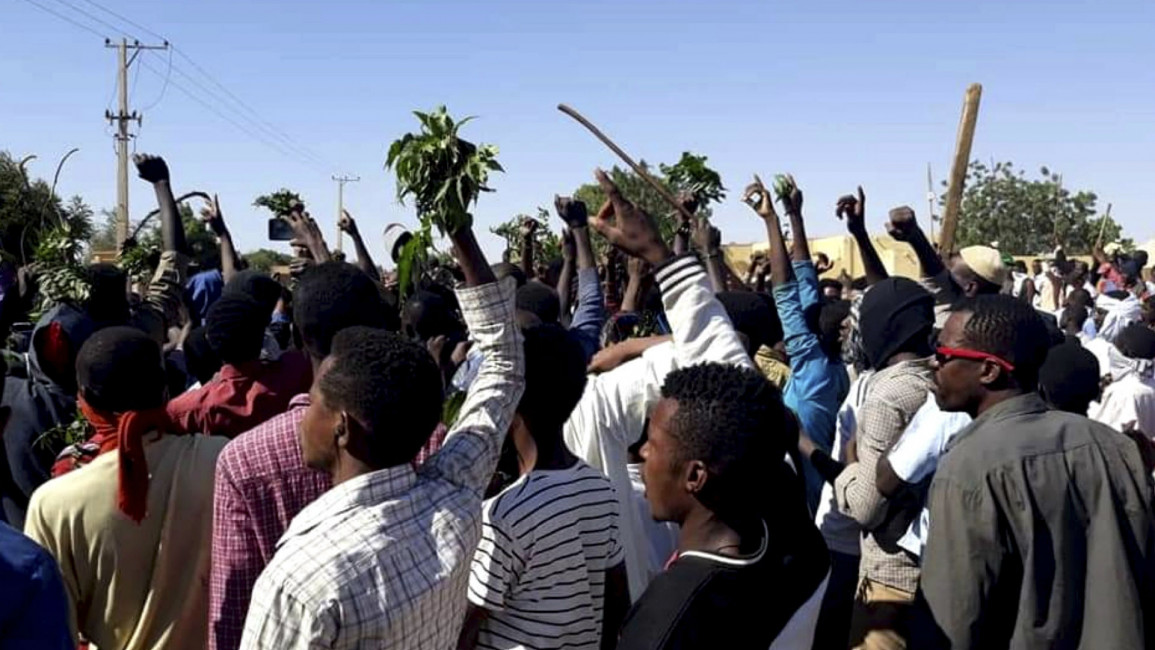Egypt foreign minister, spy chief visit Sudan amid deadly protests
Egypt's foreign minister and intelligence chief visited Khartoum on Thursday for talks with Sudanese government officials facing deadly protests and calls for President Omar al-Bashir to step down over price hikes.
Foreign Minister Sameh Shoukry and General Abbas Kamel went into meetings with their Sudanese counterparts soon after arriving, officials said, adding the two were later expected to meet Bashir.
Egypt's foreign ministry said earlier that the talks were part of "directives by the leaders of both countries to develop bilateral relations".
Cairo and Khartoum have recently sought to iron out their differences in a bid to improve relations roiled by a longstanding border dispute and an impasse in talks over Ethiopia's Nile dam.
In October Sudan lifted a ban on agricultural imports from Egypt during a visit to Khartoum by Egyptian President Abdel Fattah al-Sisi.
The visit follows more than a week of demonstrations in Sudan that evolved into deadly clashes between riot police and protesters angered by increased bread prices.
Sudanese authorities say eight demonstrators have been killed since 19 December, but Amnesty International has put the death toll at 37, citing "credible reports".
Twitter Post
|
Since the start of the protest movement, Sudanese authorities had arrested several anti-government figures with liberal and communist backgrounds.
Police and security officers remained deployed in several parts of the Sudanese capital on Wednesday, but no new demonstration had been staged so far.
Journalists go on strike
On Thursday, a network of Sudanese journalists went on strike in the wake of the deadly protests, while opposition groups called for further rallies.
Journalists in Sudan frequently complain of harassment from the authorities, and the African country has a dire rating on international press freedom rankings.
Entire print runs of newspapers are often confiscated over articles deemed offensive by the powerful National Intelligence and Security Service (NISS), which is spearheading the current crackdown on protesters.
Bashir has sought to tamp down the discontent by vowing to "take real reforms" to solve Sudan's economic woes.
But his statements appear to have done little to appease protesters angered by financial hardships.
Sudan is mired in economic difficulties including an acute foreign currency shortage and soaring inflation.
The crisis has worsened despite the lifting of an economic embargo by the United States in October 2017.
Inflation is running at 70 percent and the Sudanese pound has plunged in value, while shortages of bread and fuel have regularly hit several cities.
Agencies contributed to this report.



